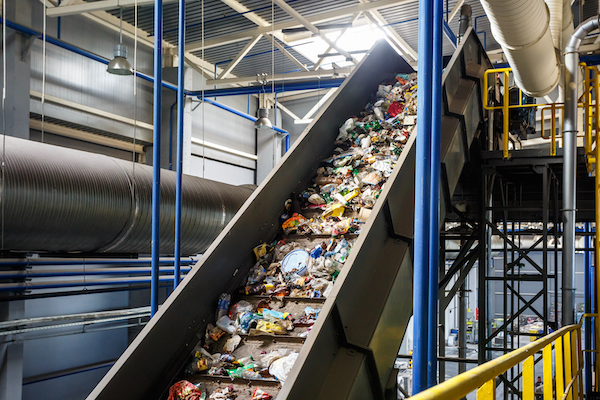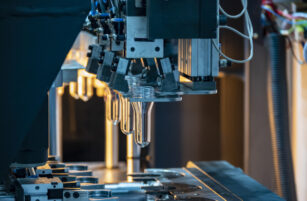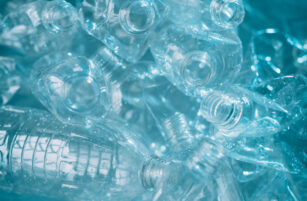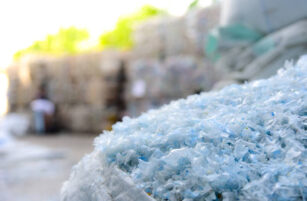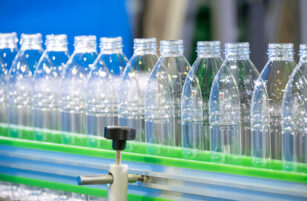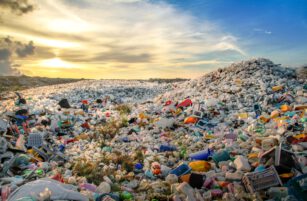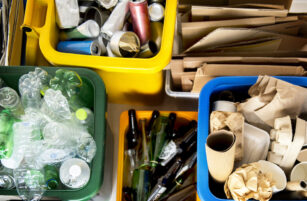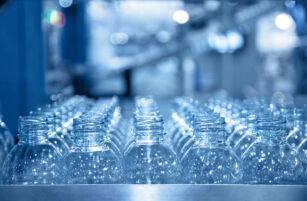
- Hard-to-recycle plastics are being tackled across the value chain, from end-user to process engineer.
- Whilst new recycling technologies emerge, programs to sort and collect these plastics are also gathering pace.
- These technologies need feedstock in large volumes, making this trend a crucial steppingstone for the industry.
Introduction
Whilst the PET bottle recycling industry has developed and evolved over several decades, the ability to recover and recycle other plastics still faces significant hurdles. These hard-to-recycle plastics come in a variety of forms and often contain a mix of different polymers and metallised films, making them hard to separate and recycle back into a closed loop system.
With the packaging sector under increasing pressure from all quarters to use more recycled and recyclable materials, recent advances in the collection and processing of these hard-to-recycle plastics are furthering the development of a new recycling ecosystem.
Advances in Recycling Technologies
Several projects aimed at tackling hard-to-recycle plastics have recently been announced, including the development and use of new advanced chemical recycling technologies.
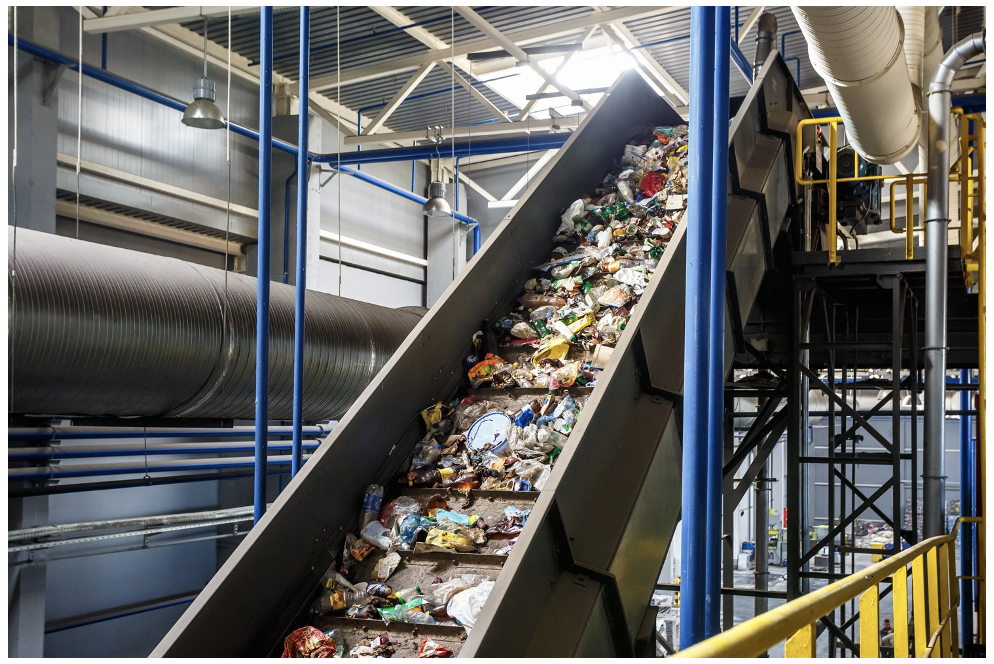
Early September, global energy company, Shell, announced a strategic partnership to develop, scale and deploy BlueAlp’s plastic waste to chemical feedstock technology. The technology can reportedly turn hard-to-recycle plastic waste into a recycled feedstock through a process known as pyrolysis, which can be used to create sustainable chemicals.
Under the agreement, Shell and BlueAlp will form a joint-venture company to build two new conversion units in the Netherlands, which could convert more than 30k tonnes of plastic waste per year. The units should be operational in 2023 and will supply 100% of their pyrolysis oil as feedstock to Shell’s existing petrochemical operations.
In Japan, Mura Technology, in partnership with KBR and Mitsubishi Chemical Corporation (MCC), is launching a Hydrothermal Plastic Recycling Technology (Hydro-PRT). The process uses a super critical steam (water at elevated pressure and temperature) to convert end-of-life plastic waste, that would otherwise be incinerated or landfilled, back into oils and chemicals for reuse in the production of new products. The Hydro-PRT project will be based at MCC’s Ibaraki Plant in Japan and plans to handle 20k tonnes of plastic waste per year; construction should be complete in 2023.
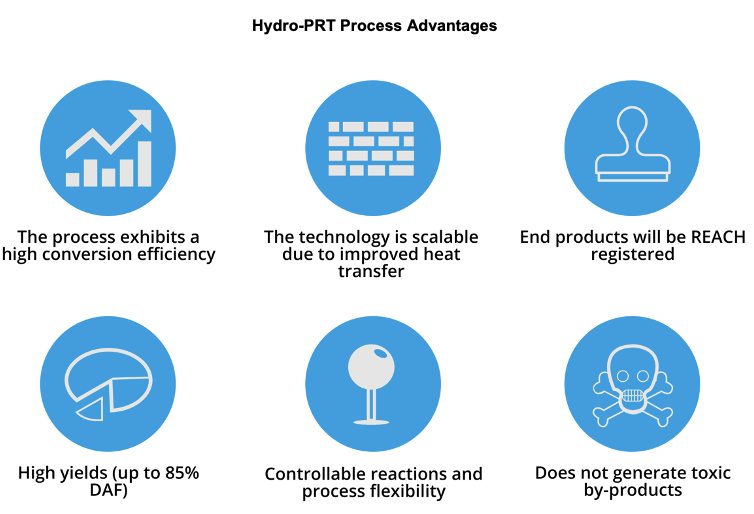
With commitments to recycled packaging skyrocketing, Fast-Moving Consumer Goods companies ((FCMGs) and multinational packaging companies are keen to capitalise on new advances and partner with ventures to secure future feedstock.
Eastman Chemical has also recently struck an agreement with Procter & Gamble to collaborate on recycling solutions and provide the consumer packaging group with an offtake from Eastman Renew, the company’s renewable chemicals arm. Eastman Renew uses molecular recycling technologies to divert plastics from landfills and create new materials.

With a myriad of recycling technologies now under development, Chemistry Australia and members LyondellBasell Australia and Qenos collaborated with CSIRO, Australia’s national science, engineering research organisation, on a new report into advanced recycling.
The CSIRO report gives an overview of a range of advanced recycling technology pathways, increasingly being used to convert plastic waste into high-value recycled plastics and other products. A link to the report can be found here.
Aggregating and Sorting Feedstock
The development of large scale, economically viable recycling technologies is just one part of the picture, the other involves the plastic waste feedstock itself.
Much like mechanical recycling, the quality of feedstock, even in chemical recycling, is crucial. Low grade contaminated waste is a major problem for advanced recycling. Advanced recycling needs clean recyclate to produce the quality of product that customers of these fuels and base chemicals need for their processes and products. Therefore, an efficient collection and sorting infrastructure for hard-to-recycle packaging also needs developing in conjunction the suitable process technology.
One approach to waste recovery has seen some UK supermarkets launch schemes that encourage consumers to separate soft plastics from other recycling waste.

UK supermarket, Tesco, is adding recycling facilities to every large store that’ll accept soft plastics such as bags and films. Last month, 1,500 Co-Op supermarket branches across the UK launched an in-house soft plastic recycling scheme and 2,300 more will go ahead by November. Fellow UK supermarket, Morrisons, has partnered with Nestlé to trial a similar zero-waste store concept in six stores in Edinburgh before potentially rolling it out to its almost 500 stores.
Elsewhere, the University of Sydney has also come up with a robotic automation system that uses artificial intelligence to identify different forms of waste so they can be separated and efficiently recycled. A similar technology is used by UK company, Recycleye, which optimizes material flows with recycling robots.
Concluding Thoughts
- Chemical recycling has been making the headlines for several years, however, most technologies are decades old, and remain unproven at scale.
- Several large projects edge closer to breaking ground, including Loop Industries and Suez’s project in France, which is currently scheduled for commission in 2023.
- However, most previous chemical recycling endeavours have been met with limited success, highlighting the sizable challenges faced when upscaling to commercial volumes. Promises and timeframes are rarely kept.
- However, having a technical solution is just one part of the puzzle. The ability to collect and aggregate commercial volumes of post-consumer waste is another key element and could quickly become the limiting factor to increasing recycling rates within this packaging category even with a workable technology.
- PET bottle collection rates and bale quality are known to benefit from deposit return schemes, could we see the rollout of similar schemes to incentivise consumers to collect and return flexible and hard-to recycle packaging?

Other Opinions You Might Be Interested In…
Explainers You Might Be Interested In…

